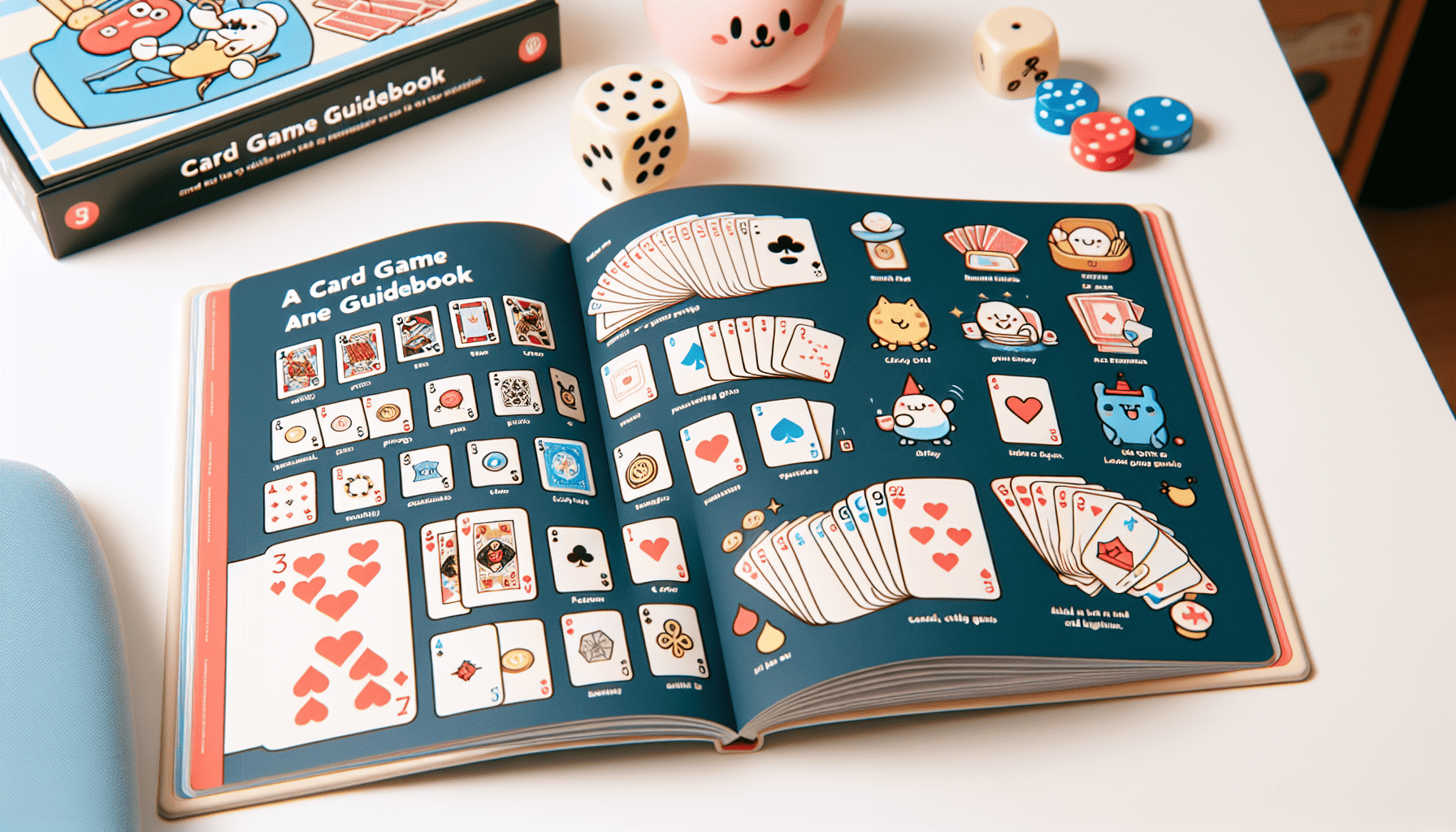Card games offer a wonderful way to sharpen your mind, enhance strategic thinking, and enjoy quality time with friends and family. Whether you're looking for a solitary challenge or a communal experience, the world of card games is rich and varied. If you're new to card games, however, the sheer number of options can be overwhelming. Fear not! Here's a comprehensive guide to help you select the perfect card game based on your interests and skill level.
Understand the Different Types of Card Games
Before diving into the selection process, it’s important to understand the basic types of card games available:
-
Classic Card Games: These include well-known games like Poker, Bridge, and Rummy. They often require a standard deck of 52 cards and involve strategy, luck, or a combination of both.
-
Collectible Card Games (CCGs): Games like Magic: The Gathering and Yu-Gi-Oh! fall under this category. Players collect and build decks from a multitude of available cards, each with unique abilities.
-
Deck-building Games: In games like Dominion or Ascension, players start with a basic deck and acquire new cards to strengthen their strategies as the game progresses.
-
Trick-taking Games: Spades and Hearts are examples where players try to win "tricks" based on the strength of their cards.
-
Cooperative Card Games: Games like The Game or The Mind, where players work together to achieve a common goal rather than compete against each other.
-
Party Card Games: These games, such as Cards Against Humanity or Uno, usually offer straightforward rules and are ideal for social gatherings.
Consider Your Interests
To choose the best card game, start by considering what excites you. Are you interested in battle and competition? Or do you prefer cooperation and teamwork? Here’s how you can align these interests with card game types:
-
Competitive and Strategic: If you love strategizing and competition, try collectible card games like Magic: The Gathering or deck-builders like Dominion.
-
Logic and Tricks: If you enjoy logical challenges, games like Bridge or Hearts might be perfect.
-
Social Interaction: For those who prefer more interaction and less intense strategy, party games like Uno or Apples to Apples are a great fit.
-
Cooperative Play: Games like The Game or Pandemic allow you to work with others rather than against them, perfect if collaboration is your preference.
Assess Your Skill Level
When beginning your journey into card games, it's crucial to choose a game that matches your current skill level:
-
Beginners: If you are completely new, start with simple games like Go Fish, Crazy Eights, or Uno. These games have easy-to-understand rules and serve as a great introduction.
-
Intermediate Players: As you gain confidence, transition into slightly more complex games like Rummy, Poker, or Meditation.
-
Advanced Players: If strategic complexity excites you and you have some experience under your belt, delve into games like Magic: The Gathering or Bridge.
Practical Considerations
-
Number of Players: Consider how many people will typically join you. Some games, like Solitaire, require only one player, while others, like Poker, need a group.
-
Time Commitment: Choose a game that fits the time you have available. For example, a quick game of Uno takes just a few minutes, while a complex game of Bridge might require a couple of hours.
-
Cost: Determine your budget for card games. While some, like Bridge, require just a standard deck of cards, others, like CCGs, can become more costly due to the necessity of purchasing booster packs and expansions.
Experiment and Enjoy
The perfect card game is ultimately the one that brings you joy and keeps you coming back for more. The best way to discover your favorites is through experimentation. Join local card game groups, try playing games online, or invite friends over to test various types.
Remember, card games are about having fun, connecting with others, and challenging your mind. With this guide, you’re well on your way to discovering a realm of entertaining possibilities. Happy playing!
